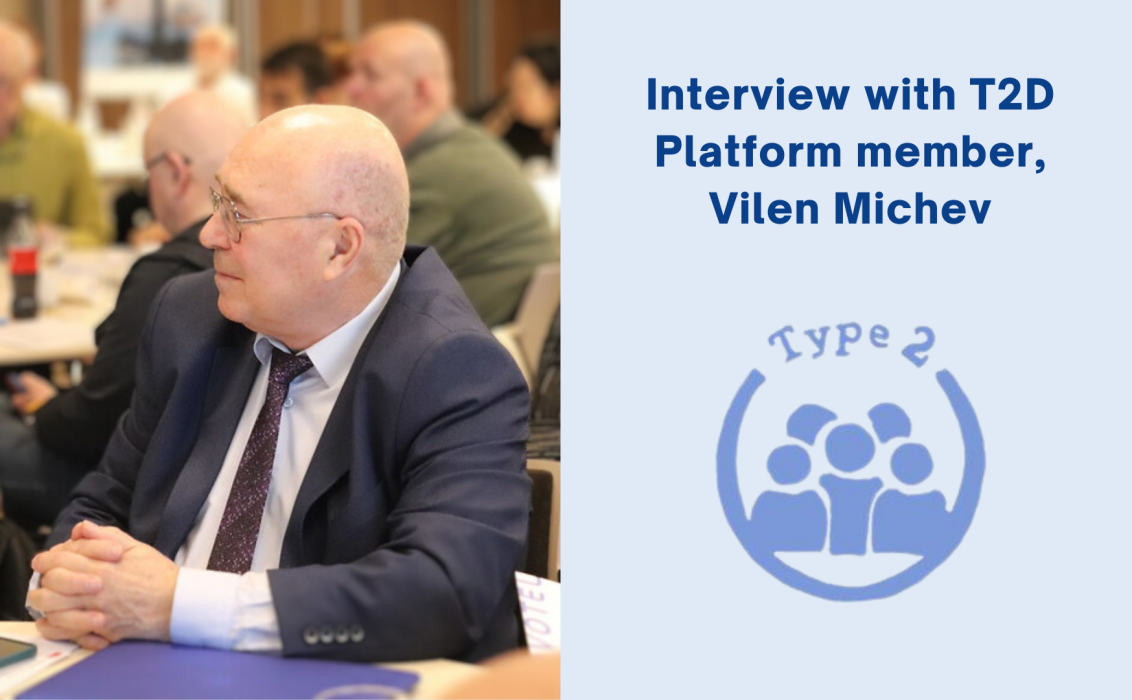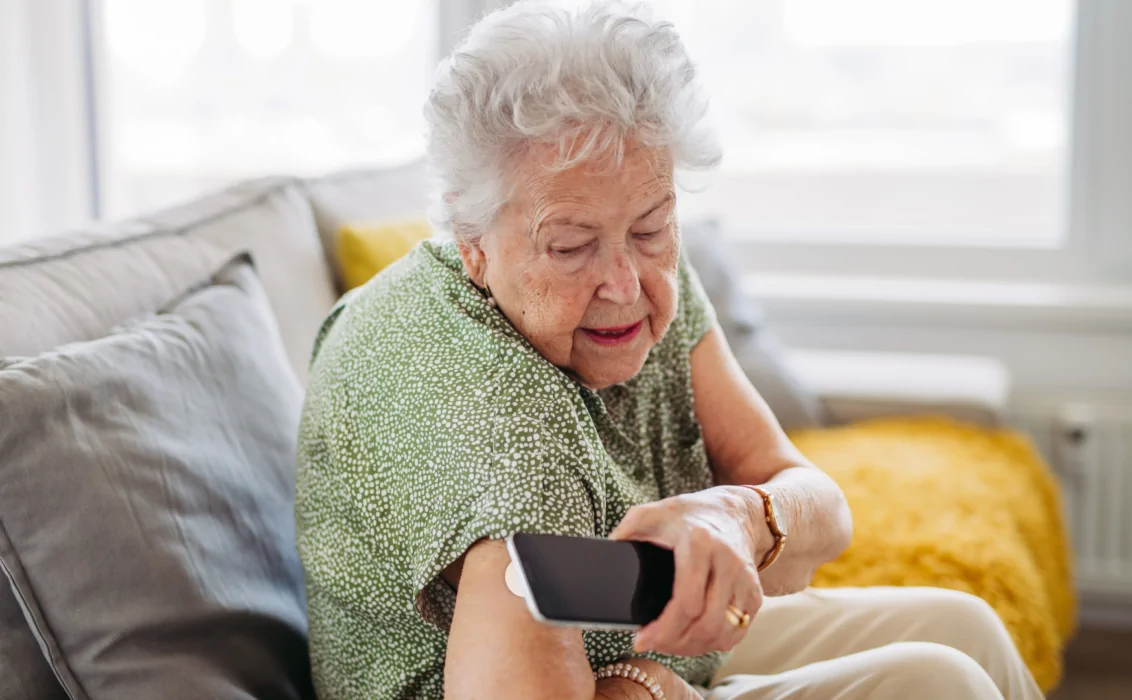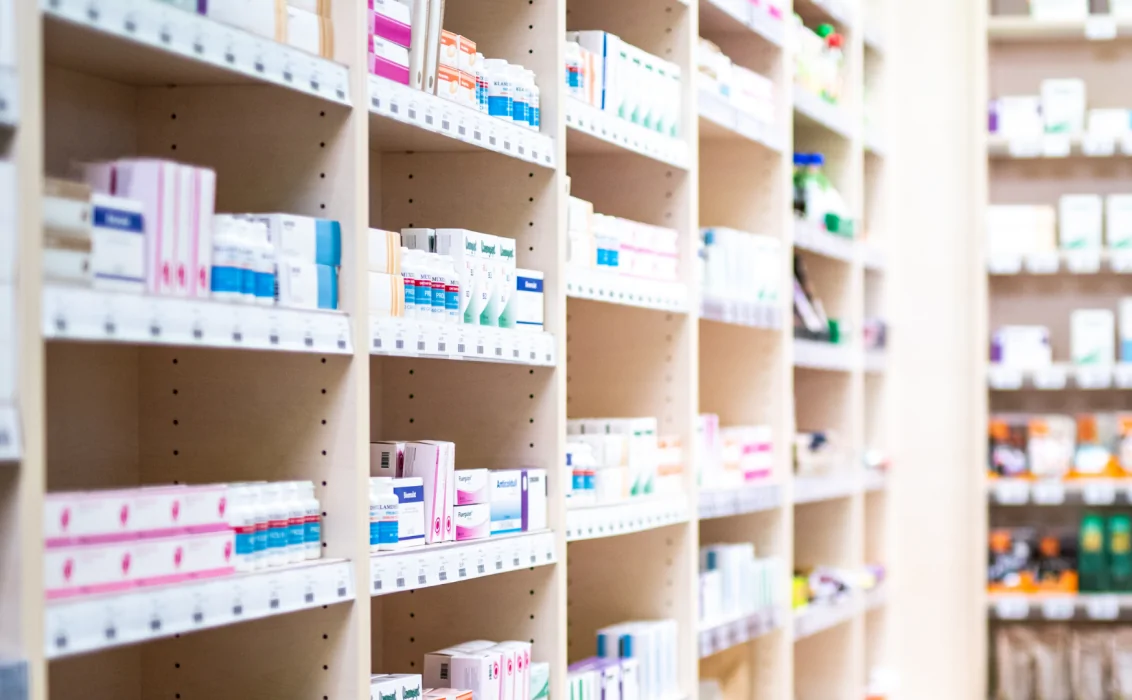Partly reflecting the stigma often attached to Type 2 diabetes (T2D), and perhaps partly because of the demographics of the T2D group, people living with T2D are under-represented and under-engaged in advocacy activities, general research projects and other programmes. To address this, in 2022, IDF Europe launched a platform of people living with T2D interested in representing the voice of people living with diabetes (PwD) in advocacy initiatives as well as through participation in other projects.
On March 16-17, we held a Summit in Brussels with the current members of the platform and other people living with T2D who are interested in joining the community. Some 35 people from all over Europe and all walks of life joined the event and showed great enthusiasm in engaging and sharing their personal experience with people living with the same condition.
We recently interviewed Vilen Michev, a T2D Platform member from Bulgaria, who shared his experience at the Summit and what motivates him to engage in advocacy.
Could you introduce yourself and tell us about how you became involved in the T2D platform?
I have been a retired prosecutor for two years, after 33 years of service in the Prosecutor’s Office. During my professional career, I developed skills related to protecting the public interest in various aspects. Ten years ago, I was diagnosed with T2D and became part of the diabetes community. After the restrictions on participating in public organisations due to my job were lifted, I decided to join the Regional Center of the Bulgarian Diabetes Association (BDA) in Varna. The President of the Association, Mrs. Maya Victorova, selected me to participate in the first in-person meeting of the IDF Europe T2D Platform in March.
Can you share your experience and thoughts about the T2D event held in Brussels in March?
On March 16-17, 2024, I had the honour of participating in the first IDF Europe T2D Platform meeting in Brussels. This experience allowed me to gain a better understanding of the diversity of the individuals and organisations that are part of the T2D community. It made me realise that improving health policies is the most important area in which the voice of PwD should be heard. Participants shared interesting ideas about the value of collaboration between PwD and healthcare professionals, and how this can lead to more effective advocacy and better access to care and the latest diabetes treatments.
What actions have you taken since the event, and have you engaged more with your national association? If so, in what ways?
After the event, I discussed with the BDA management the various points addressed and expressed my interest in participating in advocacy initiatives. I also shared my experience with my network and participated in a survey on the use of telemedicine in the treatment of T2D.
Why do you think it is important to engage in T2D advocacy as a person living with the condition?
Being involved in T2D advocacy is important to me because I believe that lowering the number of people living with the condition is possible and that there are endless opportunities to improve the lives of PwD. From my personal experience, I know that diabetes management is complex and requires a combination of medical treatments, lifestyle changes such as a balanced diet and regular physical activity, and diabetes education. This understanding is what drives my determination and desire to get involved in any activity that can help ensure better lives for PwD.
What do you think is needed to engage more people living with T2D?
It is essential to use all communication channels to inform PwD about initiatives like the IDF Europe T2D Platform. Regularly initiating activities on different topics that may capture the interest of PwD and encouraging their engagement is also crucial. These activities can range from therapeutic training sessions to initiatives promoting balanced nutrition, as well as events that encourage sports and physical activity. Creating groups to share information and support PwD in various aspects of their lives will also attract more people to become involved in the community.



